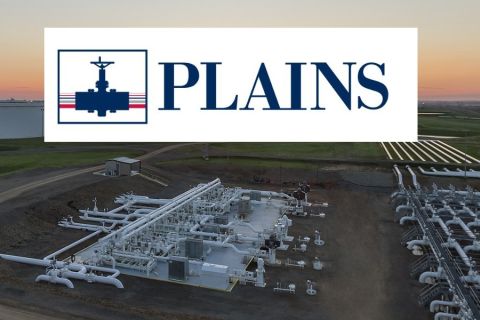As the world's oil reserves continue to decline, unconventional resources, such as tight gas, coalbed-methane and LNG, are set to play a vital supply role as the world transitions to gas. "Oil is steepening in its decline. We're having to drill more wells just to chase our tail and keep up," Scott Tinker, director of the Bureau of Economic Geology at the University of Texas, said at the North Texas Energy Council's recent energy symposium in Dallas. "The U.S. and the globe are now in lockstep. No longer are we a measure of the future for everyone. We're all a part of the future now." As environmentalists continue to herald the coming of alternative sources of energy, such as wind, water and solar, Tinker believes many are missing the point. "None of us do a good job of looking at net energy," he said. "One time I was driving a bunch of kids on my son's soccer team and we saw the blade of a turbine going by, then we saw the second blade go by. We know textbooks say wind energy uses no fossil fuels, and I'm driving along, wondering what that truck that was carrying the turbine was running on." Global oil reserves have been declining since 1981. U.S. demand for oil has exceeded domestic capacity for some time, but that has never been a problem. "When demand exceeded capacity, we simply began to import," he said. "There was no economic driver to switch to other fuels. With global oil, the dance between supply and demand is pretty close because we don't store oil. Now that global demand of oil is starting to exceed supply, it will be more difficult to import. We have to find something else." This is where gas comes in. Though infrastructure to support a gas market exists locally, gas discoveries are still being flared in parts of the world that lack the infrastructure to cost-effectively store or transport the commodity. "LNG will finally make gas a global commodity," Tinker said. "Some things have to happen first. There are a lot of opportunities in Mexico, for instance. They just can't seem to get the laws in order and become politically stable enough to attract sufficient capital. We have plenty of resources out there. Right now, it's just a question of moving them around." Conventional gas production in the U.S. is on the decline, while unconventional gas output continues to grow. "In Canada, they're spudding four to five coalbed-methane wells per day." Traditionally, the supply and demand curves for oil and gas have closely matched. Tinker believes that, for the first time, gas will detach from oil as an unconventional gas industry is created that has nothing to do with oil, and a gas economy is in sight.
Recommended Reading
Hess Midstream Announces 10 Million Share Secondary Offering
2024-02-07 - Global Infrastructure Partners, a Hess Midstream affiliate, will act as the selling shareholder and Hess Midstream will not receive proceeds from the public offering of shares.
EQT CEO: Biden's LNG Pause Mirrors Midstream ‘Playbook’ of Delay, Doubt
2024-02-06 - At a Congressional hearing, EQT CEO Toby Rice blasted the Biden administration and said the same tactics used to stifle pipeline construction—by introducing delays and uncertainty—appear to be behind President Joe Biden’s pause on LNG terminal permitting.
TC Energy’s Keystone Back Online After Temporary Service Halt
2024-03-10 - As Canada’s pipeline network runs full, producers are anxious for the Trans Mountain Expansion to come online.
Enbridge Announces $500MM Investment in Gulf Coast Facilities
2024-03-06 - Enbridge’s 2024 budget will go primarily towards crude export and storage, advancing plans that see continued growth in power generated by natural gas.
Plains All American Names Michelle Podavin Midstream Canada President
2024-03-05 - Michelle Podavin, who currently serves as senior vice president of NGL commercial assets for Plains Midstream Canada, will become president of the business unit in June.





